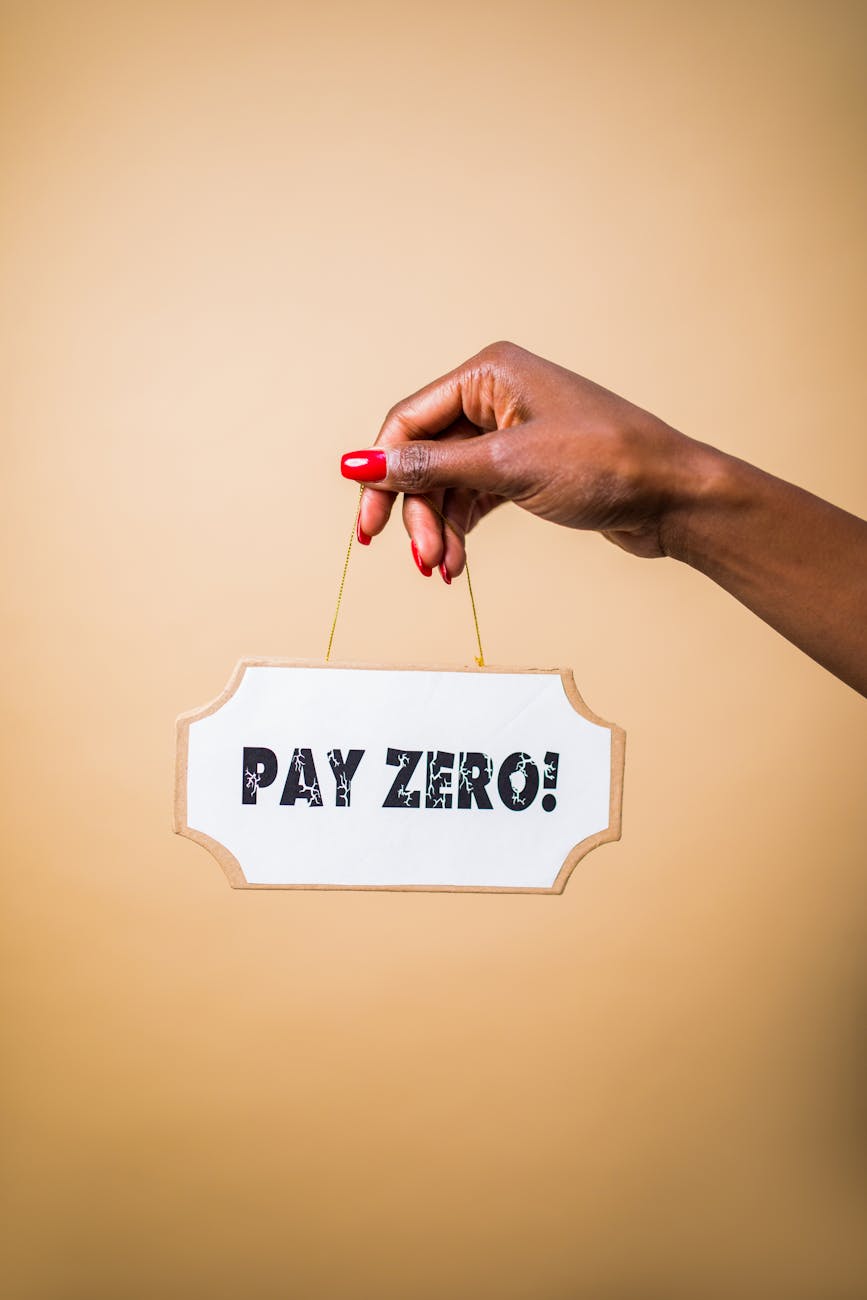In the digital age, protecting your devices from malware is essential to safeguarding your personal information and sensitive data. One common way malware can infiltrate your devices is through downloading files over free Wi-Fi networks. While free Wi-Fi is convenient and widely available, it can also pose significant security risks if proper precautions are not taken. This article explores the importance of malware protection, the dangers of downloading over free Wi-Fi, and provides tips on how to stay secure while using public networks.
The Risks of Free Wi-Fi Downloads
Free Wi-Fi networks, such as those found in coffee shops, airports, and hotels, are often unsecured or poorly protected. This lack of security makes it easier for cybercriminals to intercept data being transmitted over these networks, including the files you download. When you download files over unsecured Wi-Fi, you run the risk of unknowingly downloading malware onto your device. Once malware is on your device, it can cause a host of problems, from slowing down your device to stealing your personal information.
How Malware Spreads Through Free Wi-Fi
Cybercriminals use a variety of tactics to distribute malware through free Wi-Fi networks. One common method is through fake download links or pop-up ads that appear legitimate but contain malicious software. Unsuspecting users who click on these links or ads unknowingly download malware onto their devices. Additionally, cybercriminals can set up fake Wi-Fi hotspots with names similar to legitimate networks to trick users into connecting to them. Once connected, the cybercriminal can intercept the data being transmitted and inject malware into the devices connected to the fake hotspot.
Tips for Staying Secure on Public Wi-Fi Networks
To protect yourself from malware attacks when using public Wi-Fi, follow these tips:
1. Avoid downloading files over public Wi-Fi: Whenever possible, avoid downloading files, especially large ones, over public Wi-Fi networks.
2. Use a virtual private network (VPN): A VPN encrypts your internet connection, making it more difficult for cybercriminals to intercept your data. Use a reputable VPN service when connecting to public Wi-Fi networks.
3. Keep your device updated: Ensure your device’s operating system and antivirus software are up to date to protect against known vulnerabilities.
4. Turn off file sharing: Disable file sharing on your device when connected to public Wi-Fi to prevent unauthorized access to your files.
5. Be cautious of pop-up ads and links: Avoid clicking on suspicious links or pop-up ads that may contain malware.
Conclusion
In conclusion, while free Wi-Fi networks offer convenience and accessibility, they also pose significant security risks, particularly when it comes to downloading files. By being aware of the dangers of downloading over public Wi-Fi and implementing proper security measures, you can protect yourself from malware attacks and safeguard your personal information. Remember to prioritize your cybersecurity and exercise caution when using public Wi-Fi networks to stay safe online.



